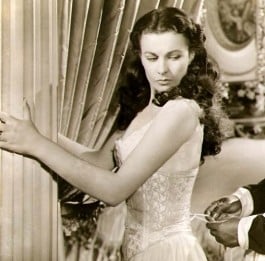Ask any young person if there is more than one way to get to God and you are likely to hear the answer "yes." Although Jesus said, "No man comes to the father except by me," that's not what most Americans and especially young people believe. Every year the people we accept on our AIM programs have a more relativistic and less biblically-informed perspective.
A recent article in Newsweek describes how, though we say we are Christians, in fundamental ways, what we believe is actually more Hindu in its outlook than anything.
America is not a Christian nation. We are, it is true, a nation founded by Christians, and according to a 2008 survey, 76 percent of us continue to identify as Christian (still, that's the lowest percentage in American history). Of course, we are not a Hindu-or Muslim, or Jewish, or Wiccan-nation, either. A million-plus Hindus live in the United States, a fraction of the billion who live on Earth. But recent poll data show that conceptually, at least, we are slowly becoming more like Hindus and less like traditional Christians in the ways we think about God, our selves, each other, and eternity.
A Hindu believes there are many paths to God. Jesus is one way, the Qur'an is another, yoga practice is a third. None is better than any other; all are equal. The most traditional, conservative Christians have not been taught to think like this. They learn in Sunday school that their religion is true, and others are false. Jesus said, "I am the way, the truth, and the life. No one comes to the father except through me."
Americans are no longer buying it. According to a 2008 Pew Forum survey, 65 percent of us believe that "many religions can lead to eternal life"-including 37 percent of white evangelicals, the group most likely to believe that salvation is theirs alone. Also, the number of people who seek spiritual truth outside church is growing. Thirty percent of Americans call themselves "spiritual, not religious," according to a 2009 NEWSWEEK Poll, up from 24 percent in 2005. Stephen Prothero, religion professor at Boston University, has long framed the American propensity for "the divine-deli-cafeteria religion" as "very much in the spirit of Hinduism. You're not picking and choosing from different religions, because they're all the same," he says. "It isn't about orthodoxy. It's about whatever works. If going to yoga works, great-and if going to Catholic mass works, great. And if going to Catholic mass plus the yoga plus the Buddhist retreat works, that's great, too."
placeAd2(commercialNode,'bigbox',false,'')







